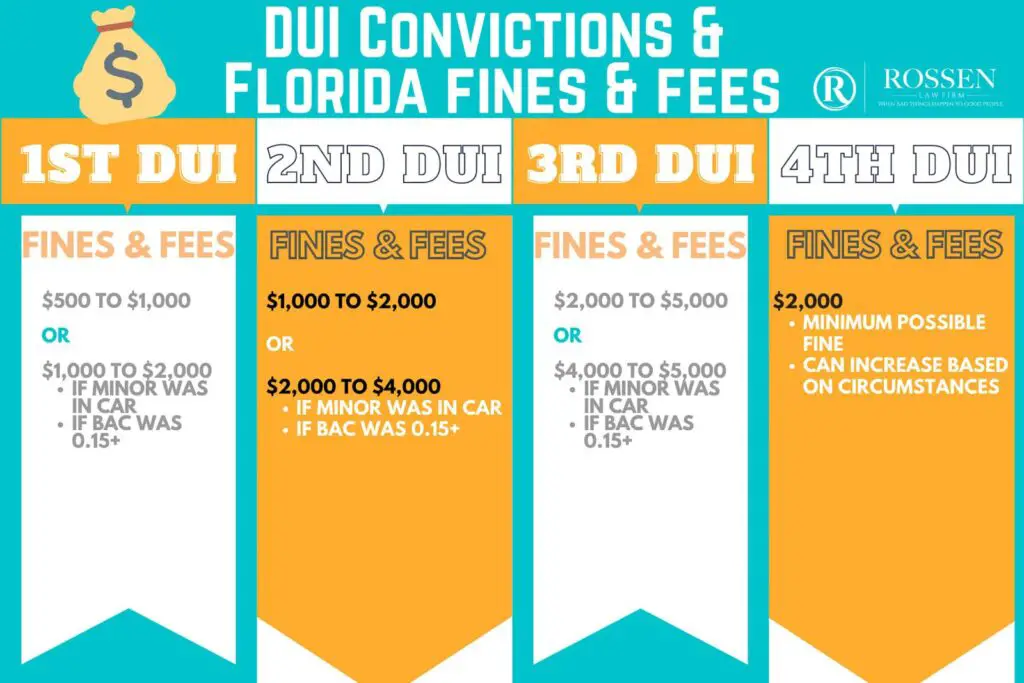How many hours of DUI school are required? It varies depending on the state and the specific case requirements. You can use the guide provided by AlcoholDrugClass to determine the number of hours you need to complete in your state. Please note that this is only a guide, and may not reflect the most current updates for your state. We recommend you contact your local court, DMV or probation department to confirm your exact number of hours required for your specific case.
For instance, in California, the typical three-month DUI program consists of:
an enrollment and intake session
12 hours of education sessions
18 hours of group counseling
3 individual counseling sessions.
Factors that determine how many hours of DUI school are required?
The number of hours of DUI (Driving Under the Influence) school or education required varies depending on the state and the specifics of your DUI case. DUI education programs typically consist of multiple sessions or classes, and the total hours required can vary widely.
In Arizona, for example, the length of DUI education programs can vary depending on the severity of the DUI offense and whether it’s a first-time offense or a repeat offense. Here’s a general guideline for DUI Classes in Arizona:
- First-Time Offense: If you are a first-time DUI offender in Arizona, you may be required to attend an alcohol or drug screening. Depending on the outcome of the screening, you may be mandated to complete an alcohol or drug education program. These programs can range from 8 to 36 hours.
- Repeat Offenses: Repeat DUI offenders in Arizona may face longer and more intensive education programs, which can range from 36 to 72 hours or more.
It’s important to note that these are general guidelines, and the specific requirements can vary depending on factors like blood alcohol concentration (BAC) at the time of arrest, the presence of aggravating factors, and the judge’s discretion.
To get the exact information about the required number of hours for DUI education in your specific case, you should consult with your attorney or contact the Arizona Department of Transportation (ADOT) or the Arizona Department of Public Safety (DPS). They will provide you with the most accurate information based on your individual circumstances and the state’s current DUI laws and regulations.
Video on How many hours of DUI school are required?
How many hours of DUI school are required for a second DUI conviction?
The number of hours required for DUI school varies depending on the state and the specific case requirements. In California, a second DUI conviction within 10 years of a prior DUI or wet reckless conviction will trigger an eighteen (18)- or thirty (30)-month DUI education program. The 18-month drug/alcohol school program (also known as SB38) is the one required for most second-time DUI offenders.
The number of hours of DUI (Driving Under the Influence) school required for a second DUI conviction in Arizona can vary depending on the specific circumstances of the case and the discretion of the judge. However, here is a general guideline for second DUI convictions in Arizona:
- Minimum DUI Education Requirement: For a second DUI conviction, Arizona typically requires individuals to complete a minimum of 36 hours of alcohol or drug education classes. These classes are often divided into weekly sessions, and attendance is mandatory.
- Additional Requirements: In addition to the 36 hours of education, the court may also impose other penalties and requirements, such as fines, license suspension, probation, community service, and the installation of an ignition interlock device in your vehicle.
- Assessment: Before attending DUI education classes, you may be required to undergo a substance abuse assessment or evaluation. The results of this assessment may influence the specific treatment and education program recommended for you.
It’s important to remember that DUI penalties and requirements can change over time, and the exact requirements for a second DUI conviction may be subject to updates in Arizona’s laws and regulations. Therefore, it’s crucial to consult with an attorney who specializes in DUI cases or contact the relevant Arizona state agency, such as the Arizona Department of Transportation (ADOT) or the Arizona Department of Public Safety (DPS), to get the most up-to-date and accurate information regarding the specific requirements in your case. An attorney can also help guide you through the legal process and any potential alternatives or options available to you.
Which of the following is a penalty for receiving a DUI?
The penalties for receiving a DUI vary depending on the state and the specific case requirements. In general, a DUI conviction can result in jail time, fines, license suspension, and mandatory attendance at DUI school.
Receiving a DUI (Driving Under the Influence) conviction can result in various penalties, and the specific consequences can vary depending on your location and the circumstances of the offense. However, here are some common penalties associated with a DUI conviction:
- Fines: DUI convictions often come with fines that can range from hundreds to thousands of dollars, depending on the jurisdiction and whether it’s a first-time or repeat offense.
- License Suspension: A DUI conviction can lead to the suspension or revocation of your driver’s license. The length of the suspension can vary based on factors like prior convictions and the severity of the offense.
- Ignition Interlock Device (IID): In some cases, you may be required to install an ignition interlock device in your vehicle. This device requires you to pass a breathalyzer test before starting your car.
- Probation: Probation is a common penalty for DUI convictions. During probation, you must comply with certain conditions, such as attending DUI education programs, not consuming alcohol or drugs, and meeting with a probation officer.
- DUI Education or Treatment Programs: Completing alcohol or drug education programs, often known as DUI school, is a common requirement. The length and intensity of the program can vary depending on the jurisdiction and whether it’s a first or subsequent offense.
- Jail or Imprisonment: In some cases, especially for repeat or aggravated DUI offenses, a jail or prison sentence may be imposed. The duration of the sentence depends on the specific circumstances and local laws.
- Community Service: DUI offenders may be required to perform a certain number of hours of community service.
- Increased Insurance Rates: A DUI conviction can lead to significantly higher auto insurance rates or even the cancellation of your policy.
- Criminal Record: A DUI conviction results in a criminal record, which can have long-lasting consequences, including difficulties finding employment or housing.
- Court Costs and Legal Fees: You will likely incur additional costs related to court fees, legal representation, and other administrative expenses.
It’s important to note that the specific penalties for a DUI conviction can vary by state and even within different jurisdictions. The severity of the penalties may also depend on factors like your blood alcohol concentration (BAC), prior DUI convictions, and whether the DUI resulted in accidents or injuries. To fully understand the penalties you might face for a DUI in your area, you should consult with an attorney who specializes in DUI cases or research the laws and regulations specific to your jurisdiction.
How many hours of DUI school are required? A Short Summary
The required hours for DUI (Driving Under the Influence) education vary by state and the specifics of the case. DUI programs consist of multiple sessions, and hours required can differ. In Arizona, for instance, first-time offenders may need 8 to 36 hours, while repeat offenders may require 36 to 72 hours or more. Specifics of ” How many hours of DUI school are required? ” depend on factors like blood alcohol concentration and judicial discretion. For precise information, consult your attorney or contact Arizona’s relevant agencies, ADOT or DPS, as they can provide details tailored to your situation and current state laws.

